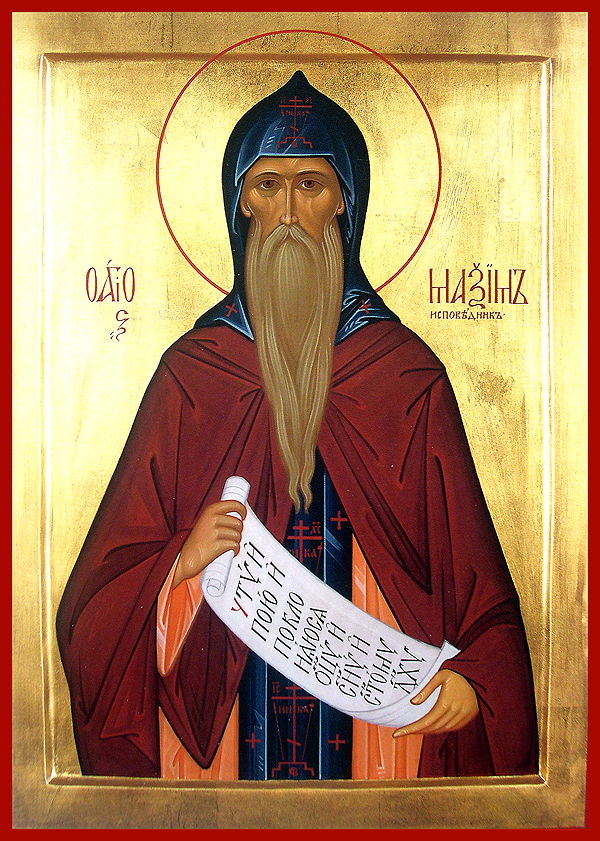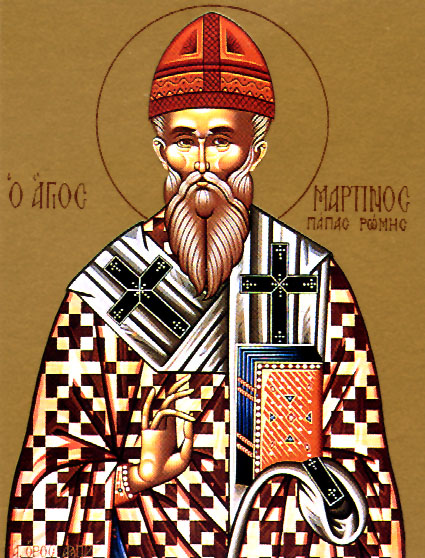Saint Maximus the Confessor and Saint Martin of Rome

Saint Maximus, from an old aristocratic family of Constantinople, had been an imperial secretary to Emperor Heraclius before becoming a monk in 614. In western North Africa in 645, Maximus convinced the deposed and exiled Patriarch Pyrrhus of Constantinople of the error of Monothelitism. By the next year he was in Rome, where he so strongly convinced Pope Theodore (r. 642–649) of the error that the Pope broke communion with the Monothelite Patriarch Paul of Constantinople. And in 649, Maximus inspired the new Pope Saint Martin (r. 649–655) to hold a council in Rome which solemnly condemned both Monoenergism and Monothelitism.
What was wrong with Monothelitism? Saint Maximus and Saint Martin, together with their staunch supporters, insisted that both Christ’s divine nature and his human nature each have its own proper energy (or activity) and capability/power to will. Christ, in His divine nature, has the same fullness of the divine will, energy, action, operation, and power which the Father and the Holy Spirit also have. And in His human nature, Christ has the same fullness of the human will, energy, action, operation, and power which every other human being has. He must have this key element in human nature, or else, as Saint Gregory the Theologian said in refuting Apollinarianism, “What He has not assumed has not been healed (or saved). ”
Christ has indeed healed and saved every aspect of human nature, including the natural human will, because He assumed every element/aspect of human nature when he became Incarnate. And it is through His genuinely human action, voluntarily submitting his natural human will to His divine will (the will of God), that Jesus Christ, as the new and final Adam, freely accepted crucifixion to liberate all of humanity from sin and death (see Doctrine).

Saint Maximus and Saint Martin suffered greatly for opposing the Monothelite position. They were both arrested by the imperial authorities and brought to Constantinople, where they were tried on false charges, condemned, imprisoned, and exiled. Saint Maximus even had his right hand and his tongue cut off by the imperial powers, who were determined to force the Chalcedonians and the Non-Chalcedonians into theological agreement. Ironically, by then real reconciliation between the two sides had been made virtually impossible by the Arab conquests, which in effect sealed off Egypt, Palestine, and Syria from the Byzantine world, preventing the possibility of further theological discussion.
